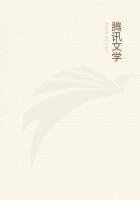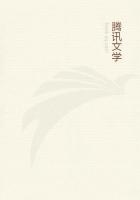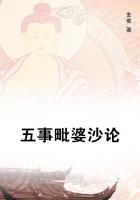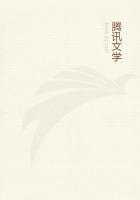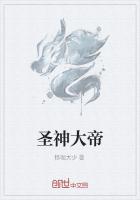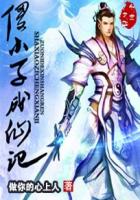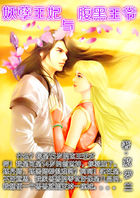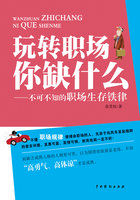It is strange--it seems to me deplorable--that Dickens himself was not content to leave his wonderful hypocrite--one who should stand imperishable in comedy--in the two dimensions of his own admirable art. After he had enjoyed his own Pecksniff, tasting him with the "strenuous tongue" of Keats's voluptuary bursting "joy's grapes against his palate fine," Dickens most unfairly gives himself the other and incompatible joy of grasping his Pecksniff in the third dimension, seizes him "in the round," horsewhips him out of all keeping, and finally kicks him out of a splendid art of fiction into a sorry art of "poetical justice," a Pecksniff not only defeated but undone.
And yet Dickens's retribution upon sinners is a less fault than his reforming them. It is truly an act denoting excessive simplicity of mind in him. He never veritably allows his responsibility as a man to lapse. Men ought to be good, or else to become good, and he does violence to his own excellent art, and yields it up to his sense of morality. Ah, can we measure by years the time between that day and this? Is the fastidious, the impartial, the non-moral novelist only the grandchild, and not the remote posterity, of Dickens, who would not leave Scrooge to his egoism, or Gradgrind to his facts, or Mercy Pecksniff to her absurdity, or Dombey to his pride? Nay, who makes Micawber finally to prosper? Truly, the most unpardonable thing Dickens did in those deplorable last chapters of his was the prosperity of Mr. Micawber. "Of a son, in difficulties"--the perfect Micawber nature is respected as to his origin, and then perverted as to his end. It is a pity that Mr. Peggotty ever came back to England with such tidings. And our last glimpse of the emigrants had been made joyous by the sight of the young Micawbers on the eve of emigration; "every child had its own wooden spoon attached to its body by a strong line," in preparation for Colonial life. And then Dickens must needs go behind the gay scenes, and tell us that the long and untiring delight of the book was over.
Mr. Micawber, in the Colonies, was never again to make punch with lemons, in a crisis of his fortunes, and "resume his peeling with a desperate air"; nor to observe the expression of his friends' faces during Mrs. Micawber's masterly exposition of the financial situation or of the possibilities of the coal trade; nor to eat walnuts out of a paper bag what time the die was cast and all was over. Alas! nothing was over until Mr. Micawber's pecuniary liabilities were over, and the perfect comedy turned into dulness, the joyous impossibility of a figure of immortal fun into cold improbability.
There are several such late or last chapters that one would gladly cut away: that of Mercy Pecksniff's pathos, for example; that of Mr. Dombey's installation in his daughter's home; that which undeceives us as to Mr. Boffin's antic disposition. But how true and how whole a heart it was that urged these unlucky conclusions!
How shall we venture to complain? The hand that made its Pecksniff in pure wit, has it not the right to belabour him in earnest--albeit a kind of earnest that disappoints us? And Mr. Dombey is Dickens's own Dombey, and he must do what he will with that finely wrought figure of pride. But there is a little irony in the fact that Dickens leaves more than one villain to his orderly fate for whom we care little either way; it is nothing to us, whom Carker never convinced, that the train should catch him, nor that the man with the moustache and the nose, who did but weary us, should be crushed by the falling house. Here the end holds good in art, but the art was not good from the first. But then, again, neither does Bill Sikes experience a change of heart, nor Jonas Chuzzlewit; and the end of each is most excellently told.
George Meredith said that the most difficult thing to write in fiction was dialogue. But there is surely one thing at least as difficult--a thing so rarely well done that a mere reader might think it to be more difficult than dialogue; and that is the telling WHAT HAPPENED. Something of the fatal languor and preoccupation that persist beneath all the violence of our stage--our national undramatic character--is perceptible in the narrative of our literature. The things the usual modern author says are proportionately more energetically produced than those he tells.


